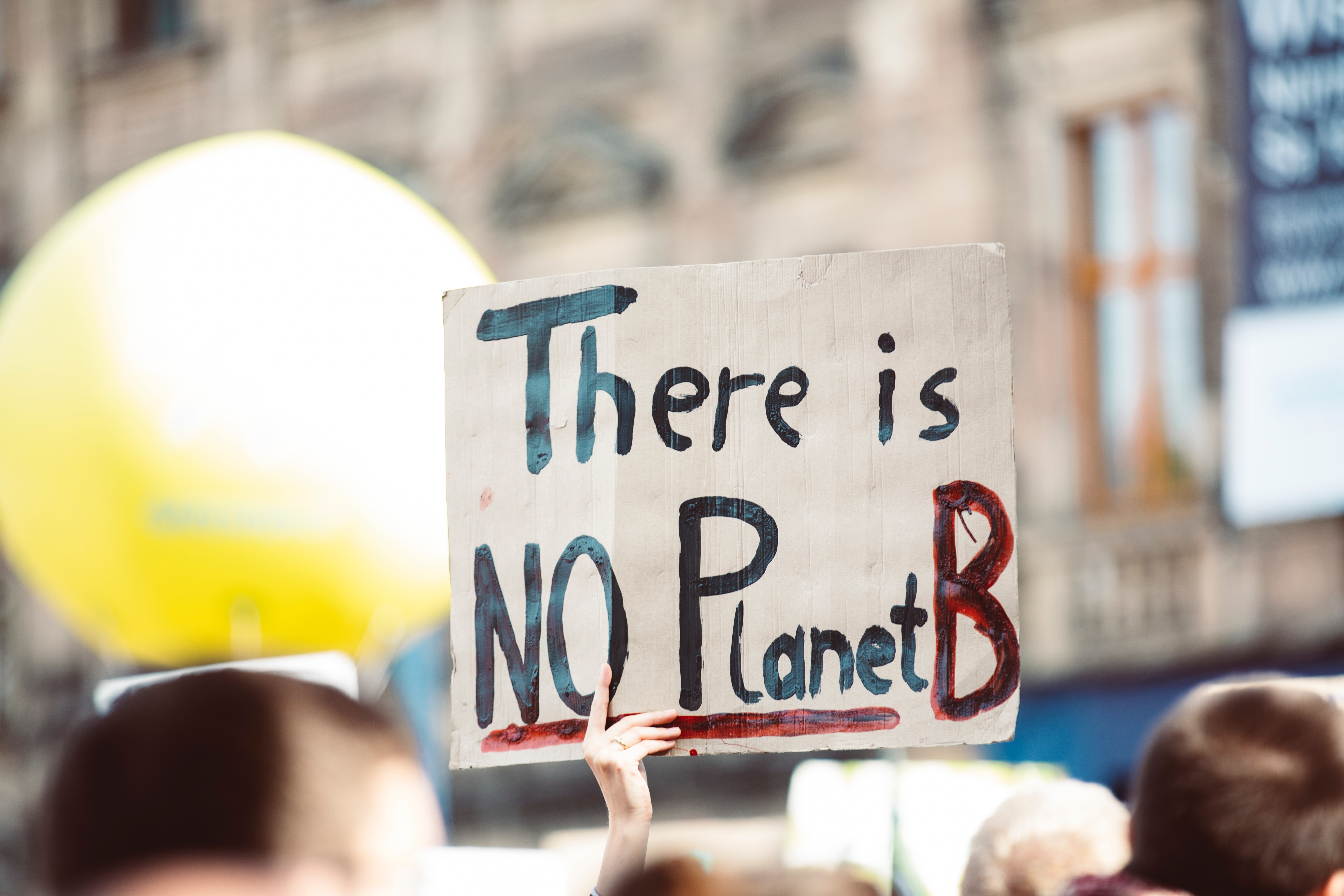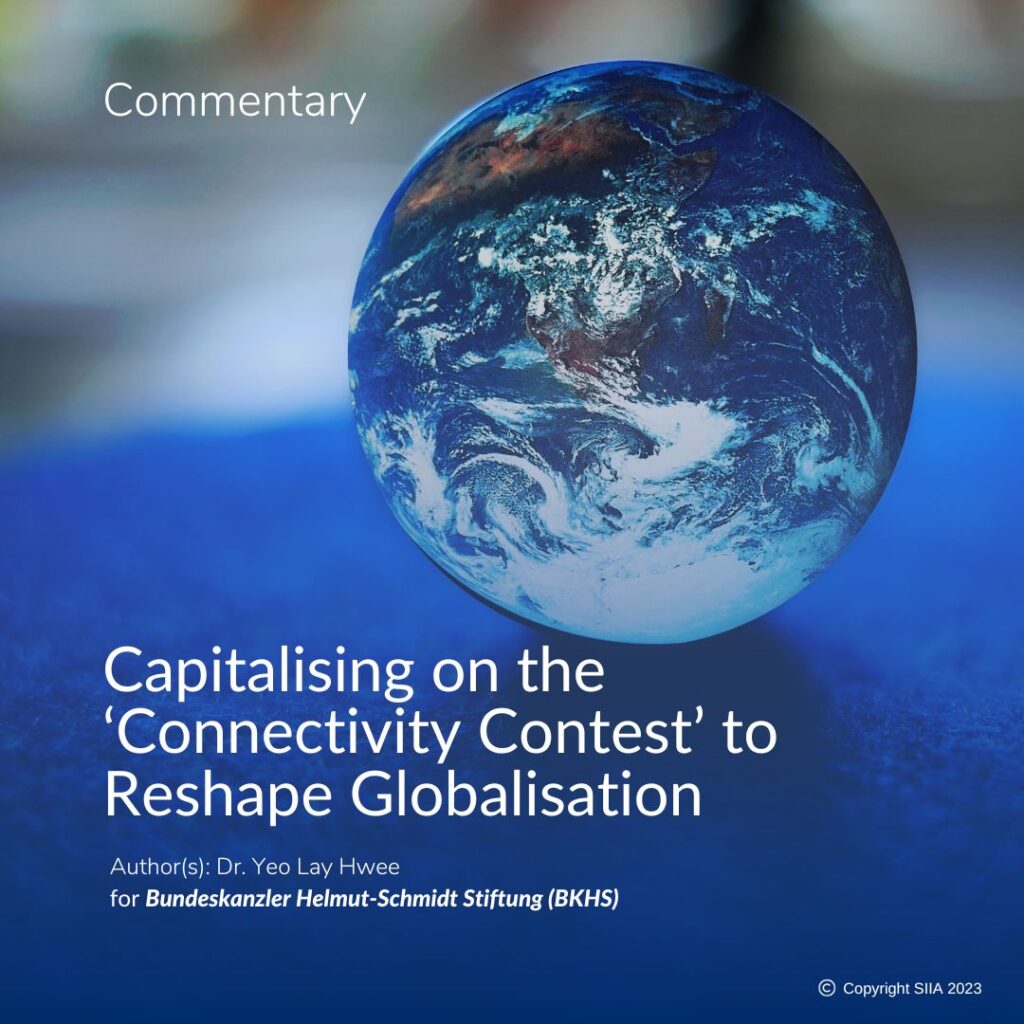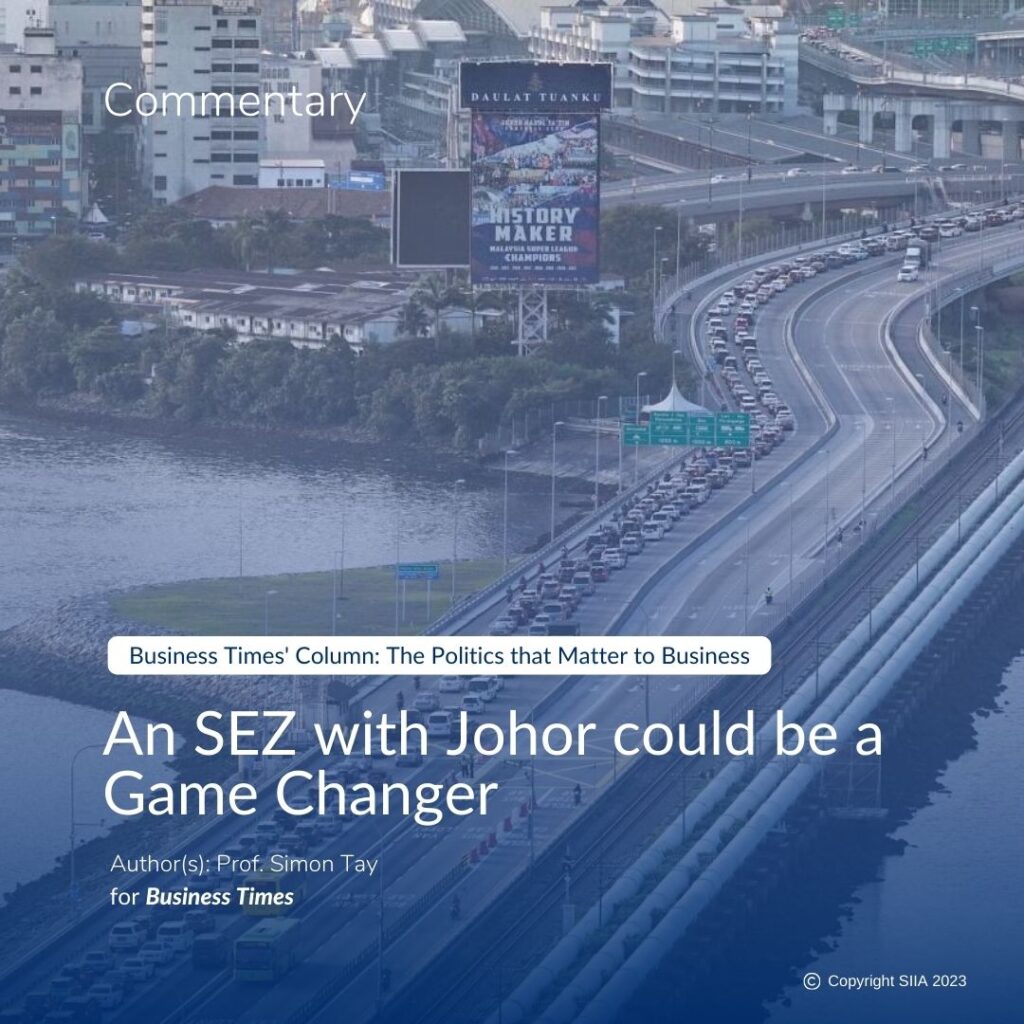By Simon Tay and Aaron Choo
For The Business Times
Despite the pandemic and economic downturn, many governments and larger companies across the world are still moving ahead with action against climate change. The European Union (EU) redoubled its commitment to green recovery from the pandemic with a 750 billion euro (S$1.2 trillion) budget boost. In Asia, China, Japan and Korea have committed to net-zero targets. Sustainability efforts in ASEAN are also growing in areas such as renewable energy.
A global effort is essential. Otherwise, improvements made by some might be undercut by others, especially the carbon emissions of Asia as the region recovers and grows. Yet signs of friction are emerging and points of collision, rather than inter-regional cooperation, can be seen.
One example arises from the EU’s decision to phase out the use of palm oil-based biofuels by 2030. This is being challenged in the World Trade Organization (WTO) by the world’s largest palm oil producers, Indonesia and Malaysia.
The EU contends that palm oil cultivation may drive the expansion of agricultural area into forests and peatlands, negating the emissions savings from the use of palm oil-based biofuels. But the producers claim this is disguised protectionism that benefits European vegetable oils, which are less efficient crops.
The cases brought separately by Indonesia and Malaysia do not involve the whole of ASEAN. Yet, the controversy can influence the overall relationship given the size and importance of the agro-forestry resource sector for our region. Moreover, the scope of climate concerns are widening and will impact many more sectors.
CARBON PRICING AND TRADE LEVERS
Consider the “carbon border adjustment mechanism” now being deliberated by the EU. This proposes to impose additional tariffs on imports from outside the EU, based on the amount of emissions involved in their manufacture. Where the country of manufacture has yet to introduce carbon pricing, the EU will add what it considers to be the true cost. Otherwise, the goods will not be allowed into the EU market, which currently accounts for more than 10 per cent of ASEAN’s exports.
There are good reasons for countries to move forward with carbon pricing to reflect the true costs of economic activity. There is also a case to be made that the EU’s stance is necessary to ensure that imports do not allow carbon “leakage” from countries that are not taking climate action. Moreover, the EU’s mechanism is likely to initially cover only a few sectors that are highly energy-intensive.
Resistance is expected, however. At present, except for Singapore, ASEAN economies have not introduced carbon taxes or pricing schemes. More than a few see the EU efforts as discriminatory, and in conflict with established trade rules. They also bristle at the EU setting new rules, unilaterally using its market strength, rather than working towards global consensus.
Unless addressed, these tensions will likely expand and become problematic for EU-ASEAN trade, valued at 237 billion euros in 2018. Concern about climate action would then lead to divisive sanctions and court actions, rather than fostering cooperation.
This is especially as the EU and ASEAN are in the early stages of forging an EU-ASEAN Free Trade Agreement (FTA). Preliminary discussions can be derailed by a rising wave of disputes over environmental and other issues such as labour and human rights.
This is not inevitable, however. There are opportunities for dialogue and practical collaboration on green growth. Efforts can be made even ahead of the overall EU-ASEAN FTA. Consider the first bilateral trade agreements between the EU and two ASEAN members – Singapore and Vietnam.
COOPERATION FOR GREEN RECOVERY
Vietnam continues to grow despite the pandemic, and is attracting investment from many partners; not only the EU, but also South Korea, Japan, and China. For the future, the Vietnamese government itself wishes to address environmental issues in tandem with efforts to move up the value chain.
However, at present, there is a considerable gap between the EU’s environmental standards and those practised in Vietnam as a developing country. Consider energy: over 50 per cent of Vietnam’s power comes from fossil fuels. Coal, the most carbon-heavy fuel, is expected to remain a large part of Vietnam’s energy mix. A blunt and burdensome carbon tax could therefore emerge as an obstacle to trade with the EU.
But, conversely, the situation can present opportunities. Vietnam is now committed to increasing installation of renewable energy, focusing on solar panels and even considering offshore wind farms. This could bring down the country’s carbon intensity.
Moreover, finance and assistance for this energy shift could potentially come from the EU and other Asian investors partnering. In step with these efforts, Vietnam aims to implement its national carbon pricing scheme by 2022. This would help synergise with its FTA with the EU.
There is also considerable potential for the EU-Singapore FTA. This includes a chapter dealing with trade and sustainable development, with a specific effort to promote cross-border investment in climate-friendly sectors. Platforms can emerge for EU-Singapore collaboration in areas such as green energy and transport.
Especially for urban centres, there are similarities between Singapore and many European cities where ambitious decarbonisation efforts are underway. Rome, for example, aims to completely end its use of coal-fired power by 2025, and has set a target of generating 30 per cent of its energy via green sources by 2030.
With Singapore’s own commitments and growing capabilities in solar energy and smart cities, cooperation with the EU can benefit not only Singapore, but reach out to the region. In this, Singapore could serve as a living lab or test market for technology, and a hub to foster collaboration and co-creation between Singaporean and European corporations.
The cooperation can also expand into finance. Singapore is moving to serve as a sustainable finance hub in the region and support the investment needed to green the economy. There is potential for Singaporean and European financial institutions to better integrate their products, serving both issuers and investors. This could also boost efforts for Singapore to create a regional carbon trading hub, both generating, verifying, and selling assured carbon credits.
SINGAPORE’S ROLE IN MULTILATERAL CLIMATE ACTION
In this context, the 26th United Nations Climate Change Conference (COP26) at the end of 2021, hosted by the United Kingdom with the support of Italy, could prove crucial for both Europe and ASEAN. Countries will review and potentially increase their commitments in the run-up to that meeting. COP26 is also expected to establish common rules for carbon markets across the world.
While emissions trading is still being developed, the EU and major Asian economies are emerging as early market leaders. ASEAN should not lag behind but instead make efforts to establish clearer carbon policies and pricing mechanisms.
There may be impediments arising from the pandemic and unstable politics. But the efforts on climate action can move ahead, and in ways that maximise cooperation and shared opportunities. Singapore is currently serving as country coordinator for EU-ASEAN dialogue relations and can help the effort to minimise trade, and other, frictions, so that both regions can increase their cooperation for climate action and green recovery.
- Simon Tay is chairman of the Singapore Institute of International Affairs where Aaron Choo is a senior assistant director. Mr Tay is also concurrently associate professor at the Faculty of Law of the National University of Singapore.
Source: This commentary was first published in The Business Times on 18 February 2021.




